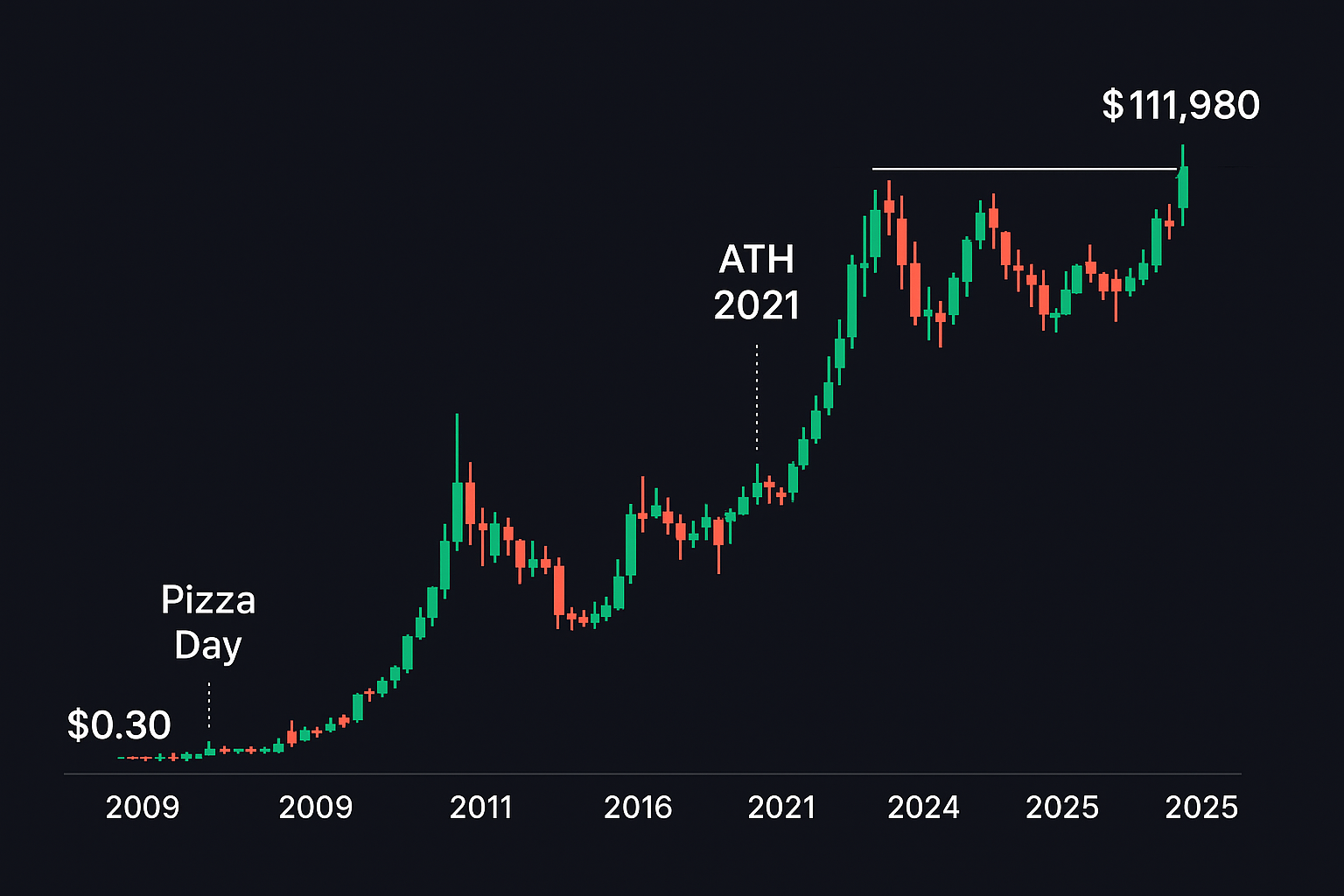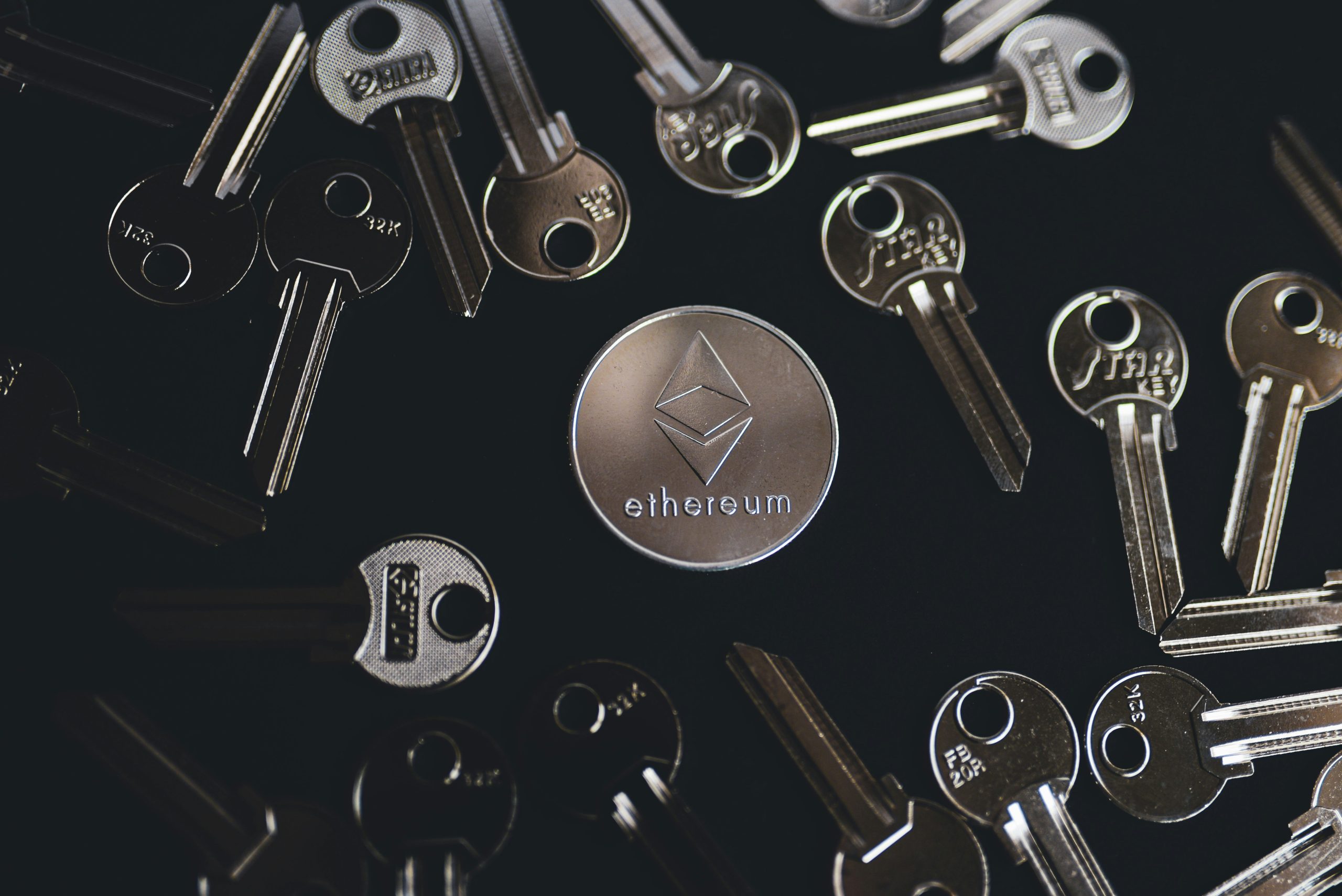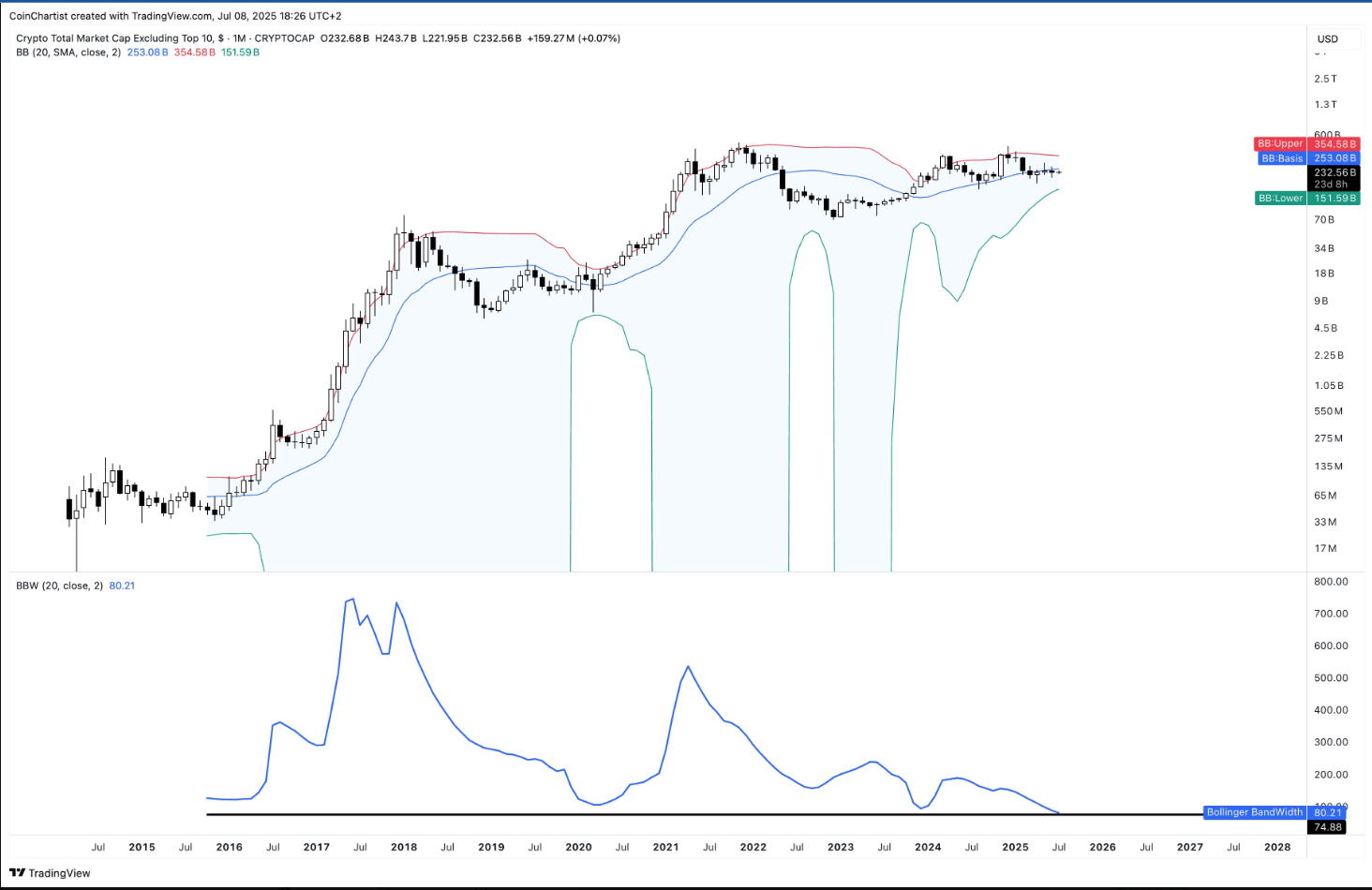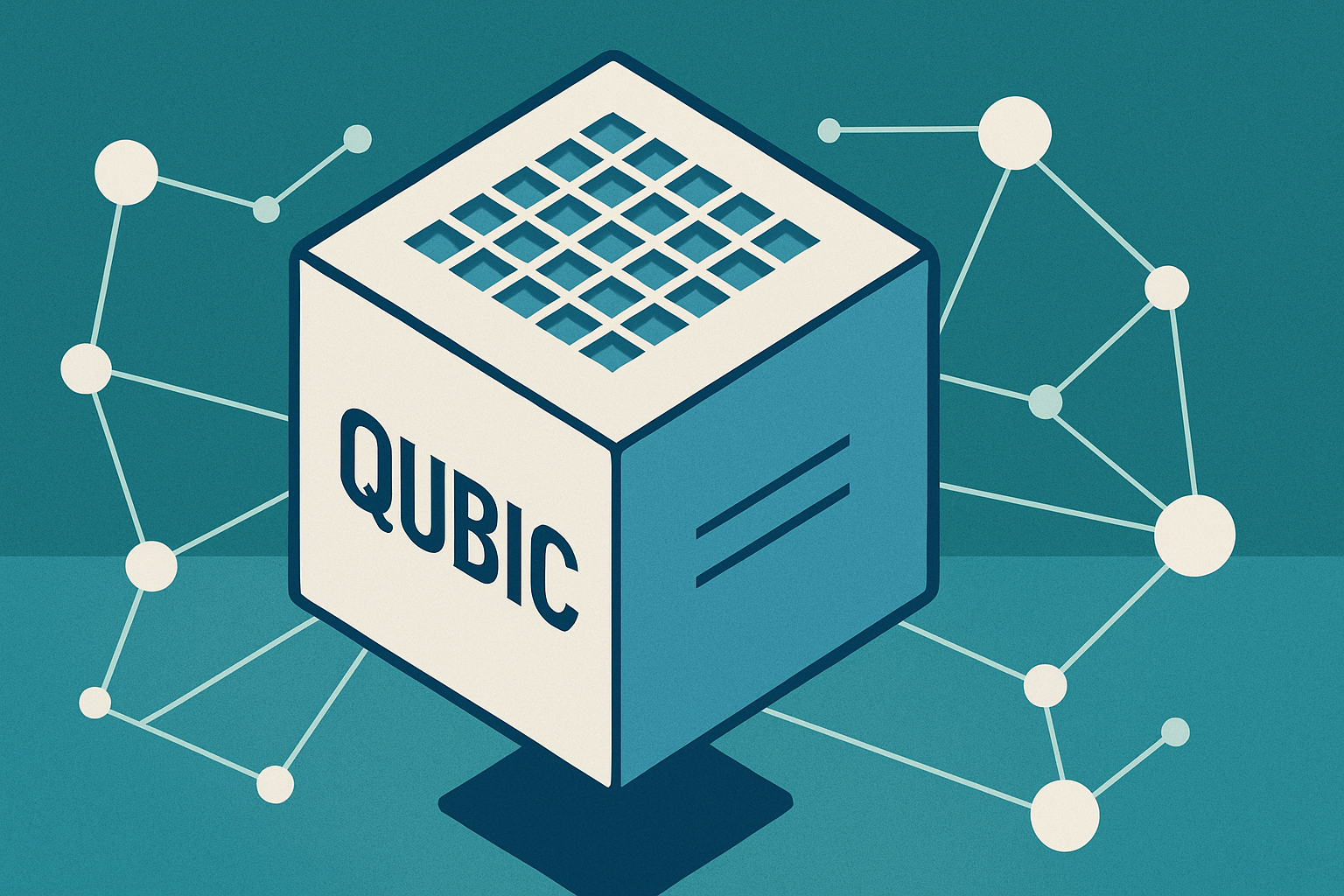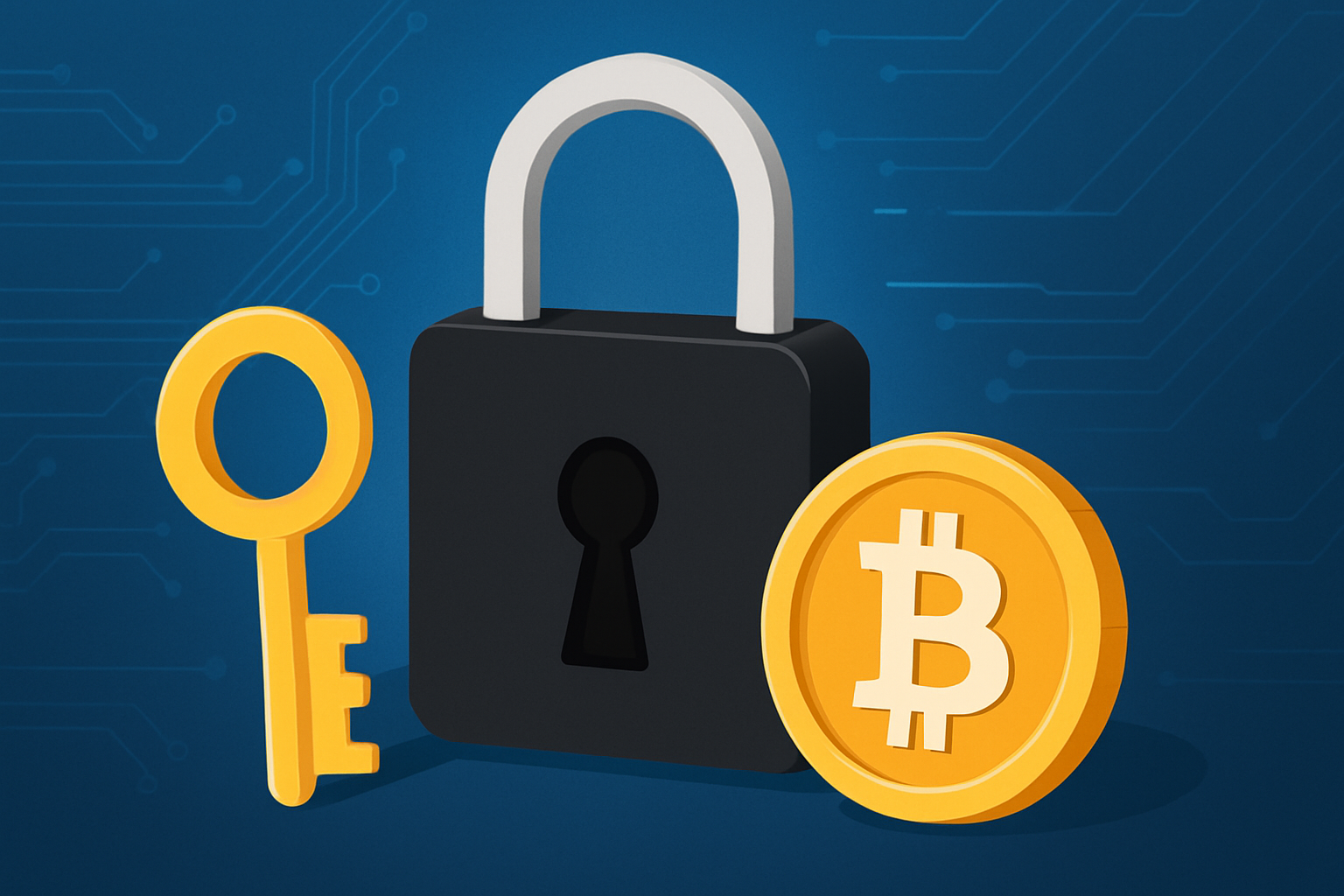Key Takeaways
-
Private keys are essential for accessing and managing cryptocurrency assets.
-
They generate digital signatures that verify and authorize blockchain transactions.
-
Loss or theft of a private key can lead to irreversible loss of funds.
-
Secure storage solutions, like hardware wallets and seed phrases, are critical.
-
Understanding the difference between public and private keys is key to safe crypto use.
Introduction
In the fast-paced world of cryptocurrency, few topics are as misunderstood — yet critically important — as private keys. These cryptographic strings are the foundation of digital asset security. Without them, you have no access, no control, and no ownership of your coins. Whether you’re a crypto newcomer or an experienced trader, understanding how private keys work is non-negotiable. This article unpacks the role, function, and best practices surrounding private keys so you can secure your crypto journey with confidence.
What Are Private Keys?
At their core, private keys are long, randomly generated numbers used in cryptographic processes. They form one half of an asymmetric encryption pair — the other half being the public key. While the public key can be shared openly (like an email address), the private key must be kept secret, as it proves ownership and grants full access to your funds.
In every transaction, your private key creates a digital signature. This signature is used to confirm you authorized the transaction without revealing the key itself. Think of it as your invisible stamp of authenticity that tells the blockchain, “Yes, I own this wallet — and I approve this transaction.”
How Private Keys Work in Cryptocurrency Transactions
Let’s break it down step-by-step:
-
You create a transaction (e.g., sending Bitcoin).
-
Your private key signs this transaction, generating a unique digital signature.
-
The transaction and signature are broadcast to the network.
-
Other nodes use your public key to verify the signature’s legitimacy.
-
If valid, the transaction is added to the blockchain.
All of this happens without your private key ever being revealed. It’s a brilliant cryptographic dance that balances transparency and privacy.
Why Private Keys Matter So Much
Without your private key:
-
You cannot send your crypto.
-
You cannot prove you own your wallet.
-
You cannot recover lost access.
There’s no password reset or customer support in decentralized finance. If you lose your private key (or seed phrase), your assets are lost forever. Likewise, if someone steals your private key, they own your funds. This is why private key security is everything in crypto.
Public vs Private Keys: What’s the Difference?
| Aspect | Public Key | Private Key |
|---|---|---|
| Visibility | Public, shareable | Secret, never shared |
| Role | Receive crypto | Authorize transactions |
| Generated from | Derived from the private key | Randomly generated |
| Storage | Can be saved in apps | Must be securely stored offline |
The two work together like a lock and key. The public key is the lock anyone can try to open, but only your private key holds the right combination.
Myths About Private Keys
❌ Myth 1: Wallets store private keys
Truth: Wallets are just interfaces. Your private key is stored separately (or should be).
❌ Myth 2: They’re easy to hack
Truth: A 256-bit private key has 1.1579 x 10⁷⁷ combinations. That’s like trying to find one grain of sand… on 1 billion Earths.
❌ Myth 3: You can recover lost keys
Truth: No. If you didn’t back it up with a seed phrase or hardware wallet, your assets are gone.
Best Practices for Storing Private Keys
-
Use a hardware wallet like Ledger or Trezor to keep keys offline.
-
Back up with a seed phrase and store it in a secure, physical location.
-
Avoid storing keys on your phone or cloud.
-
Use multi-signature wallets for extra security on large holdings.
-
Never share your key or phrase — even if someone says they’re “tech support.”
What Happens If You Lose Your Private Key?
Unfortunately, losing your private key is like losing the keys to a vault with no locksmith. You’re permanently locked out.
There’s no undo button, no recovery form, no help desk. That’s the trade-off of true decentralization — you are your own bank, and that comes with real responsibility.
Tools for Managing Private Keys
-
Hardware Wallets: Ledger, Trezor
-
Paper Wallets: Cold storage by printing your key/QR code
-
Software Wallets with 2FA: Exodus, Trust Wallet, MetaMask
-
Multi-sig Wallets: Gnosis Safe, Casa for institutions or joint accounts
Some emerging solutions use biometric authentication or social recovery, but these are still new and should be used cautiously.
Conclusion: Protect the Key to Your Crypto Kingdom
Private keys are more than just digital codes — they are your identity, your security, and your control in the crypto world. Without them, your assets are at risk. With them, you hold the power.
Whether you’re HODLing Bitcoin or exploring DeFi, treat your private key like a treasure map — and guard it well. The future of crypto depends not only on tech advancements but also on how well we secure the basics.



